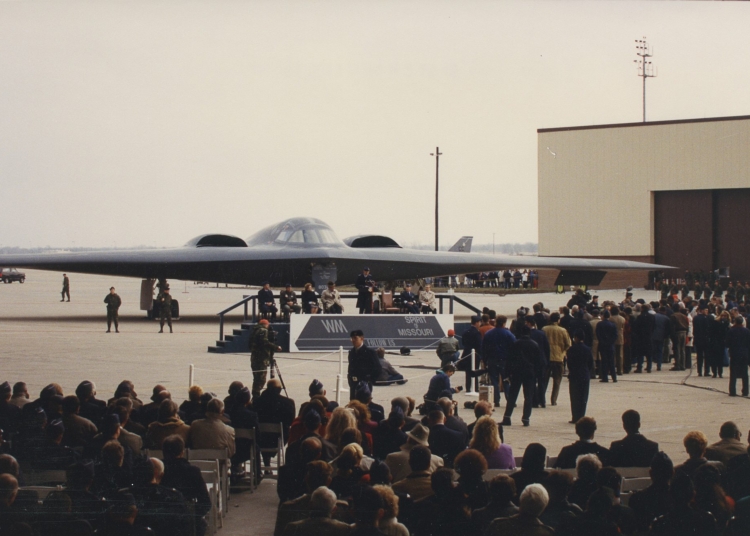Energy innovations are revolutionizing the military and shaping the forces of the future. Solar power is being adopted in various military installations, reducing the dependence on fossil fuels. Microgrids offer increased energy independence and efficiency, powering remote bases and reducing fuel supply needs. The military is exploring biofuels as an alternative to petroleum-based fuels, investing in research and development to scale up production. Energy storage technologies, such as lithium-ion batteries, power a range of military equipment. Smart grids enable real-time monitoring and control of energy usage, optimizing power generation and distribution. Hybrid and electric vehicles are being developed to reduce reliance on fossil fuels. These innovations make the military more efficient, resilient, and sustainable.
Energy Innovations in the Military: Powering the Forces of the Future
Introduction
Energy plays a significant role in military operations. From powering vehicles and equipment to providing electricity in remote bases, the military relies heavily on fuel and power sources. However, with the increasing focus on renewable energy and concerns about energy security, the armed forces across the globe are undertaking significant efforts to innovate and adopt new energy technologies. This article explores some of the energy innovations that are revolutionizing the military and shaping the forces of the future.
Solar Power
One of the most significant energy innovations in the military is the adoption of solar power. Solar panels are being deployed in various military installations, providing clean and renewable energy. These installations help reduce the dependence on traditional fossil fuels, increase energy resilience, and lower the carbon footprint of military operations. In addition, the military is also experimenting with portable solar panels that can be deployed in the field to power communication equipment and other essential devices.
Microgrids
Microgrids are another energy innovation that is transforming military operations. These small-scale electrical grids can operate independently or in conjunction with the main power grid. Microgrids offer increased energy independence, enhanced reliability, and improved efficiency. In military applications, microgrids can power forward-operating bases or remote installations, reducing the need for long fuel supply lines and improving logistical efficiency.
Biofuels
The military is actively exploring biofuels as an alternative to traditional petroleum-based fuels. Biofuels, derived from organic matter, offer several advantages such as reduced greenhouse gas emissions and potentially lower costs. While currently being used in a limited capacity, the military is investing in research and development to scale up biofuel production and make them a viable alternative for military vehicles and aircraft.
Energy Storage
Energy storage technologies are crucial for ensuring a reliable and consistent power supply in both stationary and mobile military applications. Lithium-ion batteries, for example, have gained popularity due to their high energy density and long lifespan. These batteries power a wide range of military equipment, including unmanned aerial vehicles, communication devices, and portable electronics. In addition, the military is also exploring advanced solutions like flow batteries and flywheels for large-scale energy storage applications.
Smart Grids
The implementation of smart grid technology in military installations is yet another energy innovation gaining traction. Smart grids enable real-time monitoring and control of energy usage, optimizing power generation and distribution. By integrating various renewable energy sources, energy storage systems, and demand response capabilities, the military can reduce energy wastage and improve overall energy efficiency.
Hybrid and Electric Vehicles
To reduce reliance on fossil fuels, the military is increasingly exploring hybrid and electric vehicles. Hybrid electric technology has already been incorporated into various military vehicles, enhancing fuel efficiency and reducing emissions. Electric vehicles (EVs) offer even greater advantages, including quiet operation, reduced maintenance needs, and lower operating costs. The military is investing in the development of EVs for both on-road and off-road applications, with a particular focus on tactical fleets.
Conclusion
Energy innovations in the military are reshaping the way armed forces operate, making them more efficient, resilient, and sustainable. From solar power and microgrids to biofuels and energy storage, the military is at the forefront of adopting and developing new energy technologies. These innovations not only reduce the environmental impact of military operations but also enhance logistical efficiency, improve energy security, and pave the way for a future where renewable energy sources power the forces.












